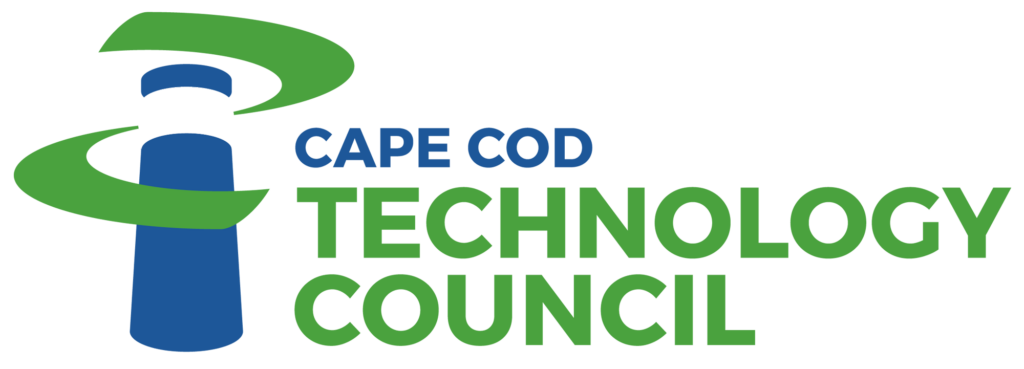Over the years, the Infrastructure Committee has incubated other committees and projects. Open Cape was originally conceived within this committee, as was Smarter Cape.
At the Infrastructure Committee’s March meeting, two committee members brought forward the idea of organizing a sustainability committee. The topic of sustainability is not new to the Tech Council. Beginning in 2019 the Tech Council has hosted Earth Tech Expo, providing practical information to help people make sustainable decisions.
Cape Cod Climate Change Collaborative and Cape Light Compact, among other organizations, are dedicated to this work. While we are not interested in duplicating their efforts, the Tech Council is in a position to facilitate education, both for users and vendors.
We also have an opportunity to address electronic waste, and be sure the valuable components of technology are reused. Electronic waste is among the most toxic if not disposed of properly. Aspects of electronic waste disposal could benefit from an education piece provided by the Tech Council and also help local small businesses.
Committee members shared success stories from beyond the Cape.
In San Antonio, the city reduced water consumption by incentivizing low cost water saving fixtures and helping plumbing professionals educate their customers. On Cape Cod we might consider a similar program with installation of heat pumps, addressing conflicting reports of efficiency, and assisting in the removal of old equipment with partners like the eWaste Coalition.
On Nantucket there are groups which deconstruct houses instead of tearing them down, reusing what they can and disposing properly of anything toxic, recycling a tremendous amount of waste.
Infrastructure Committee members will explore some of the ideas discussed at the meeting and see where their interests dovetail with groups who are already doing this work. Ideas the committee discussed were:
- Heat pump education, providing an interface between small businesses and the user.
- Building an educational, one-stop sustainable energy page on the Tech Council website, with links to businesses that are in the sustainability space.
- An index of what materials each town accepts in their recycling programs.
- Curated content on different incentives offered to homeowners and small businesses.
- Educational materials for contractors, and ways to facilitate using sustainable, energy and resource-saving technology.
The State’s Green Communities Division has a chart for what it costs to heat a house with gas vs. electric. It may raise the cost of the house up front, but the savings on utilities outpace that increase.
We look forward to learning more in April, when the Infrastructure Committee will hear a presentation by Mayflower Wind.
